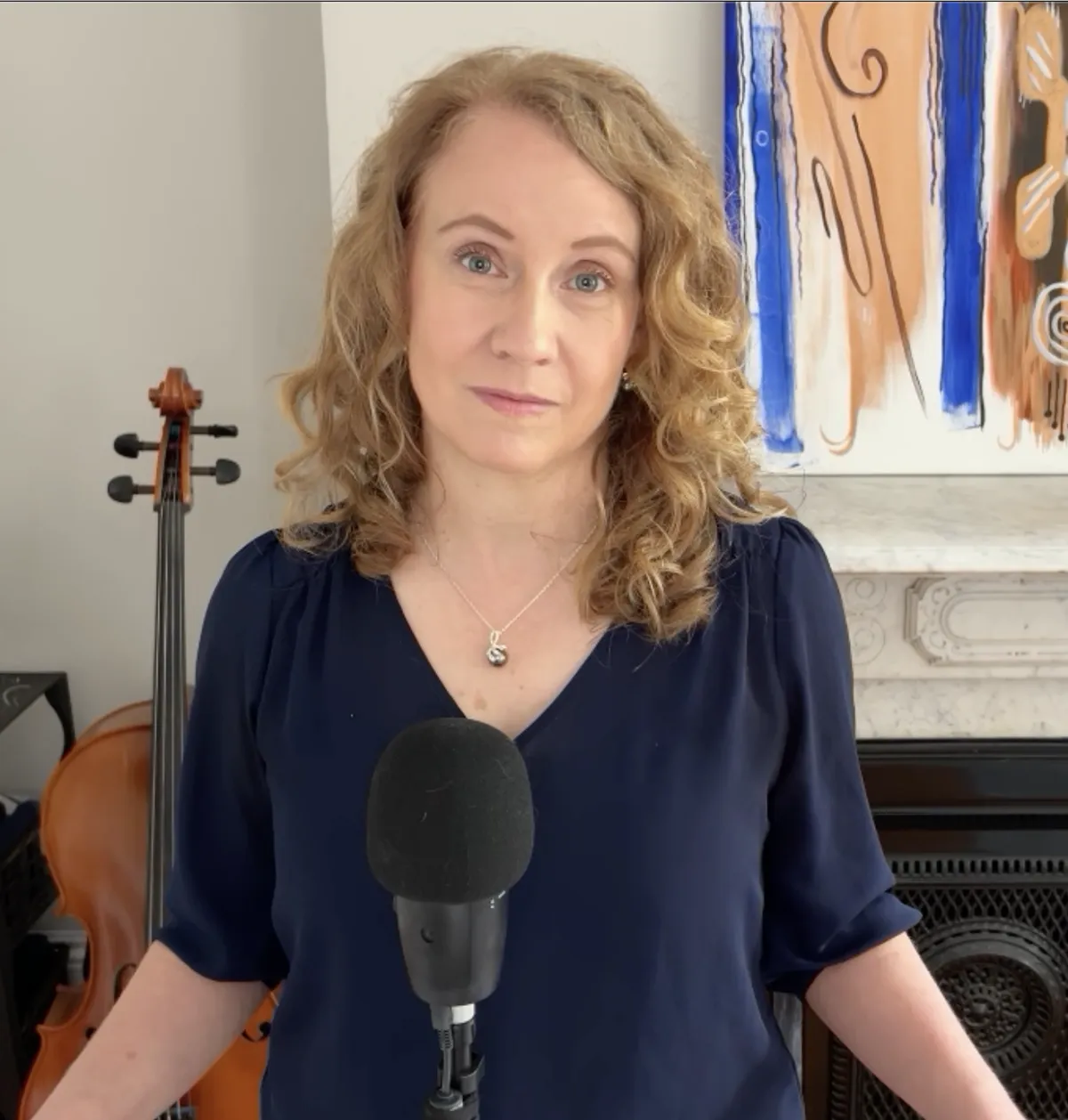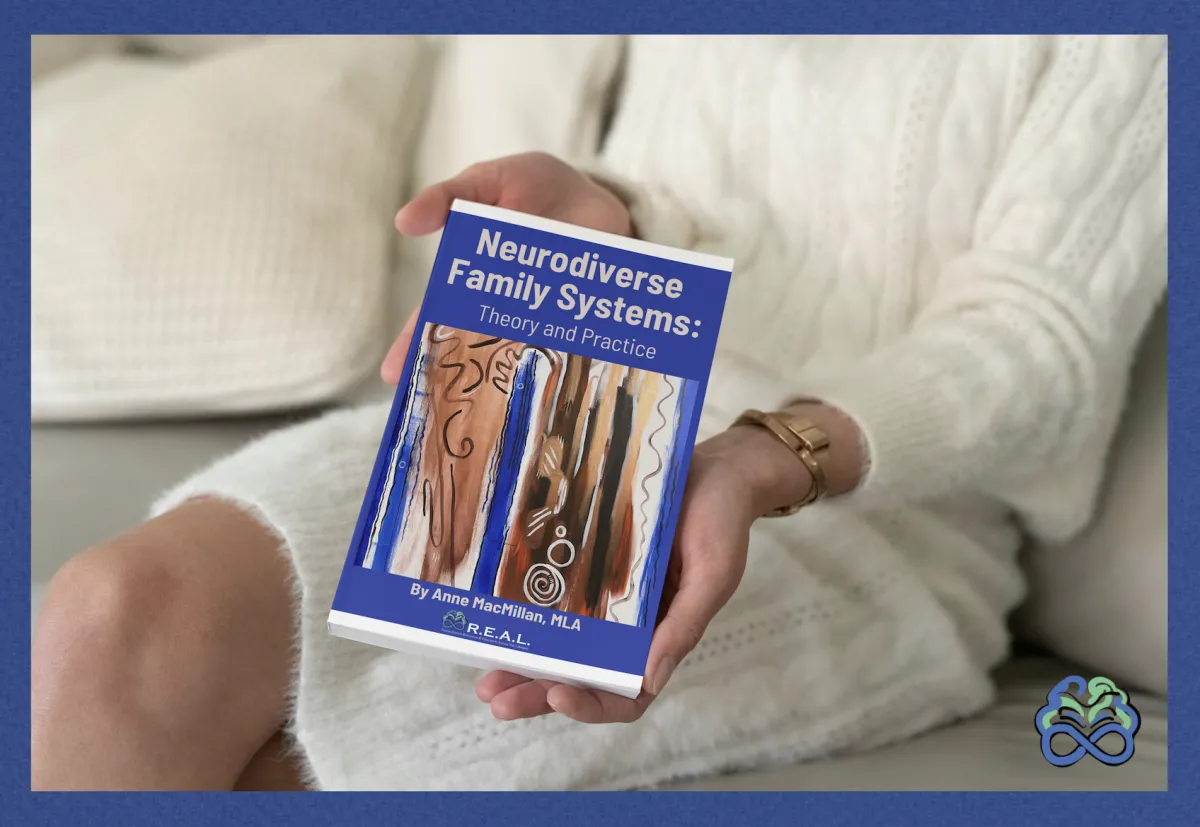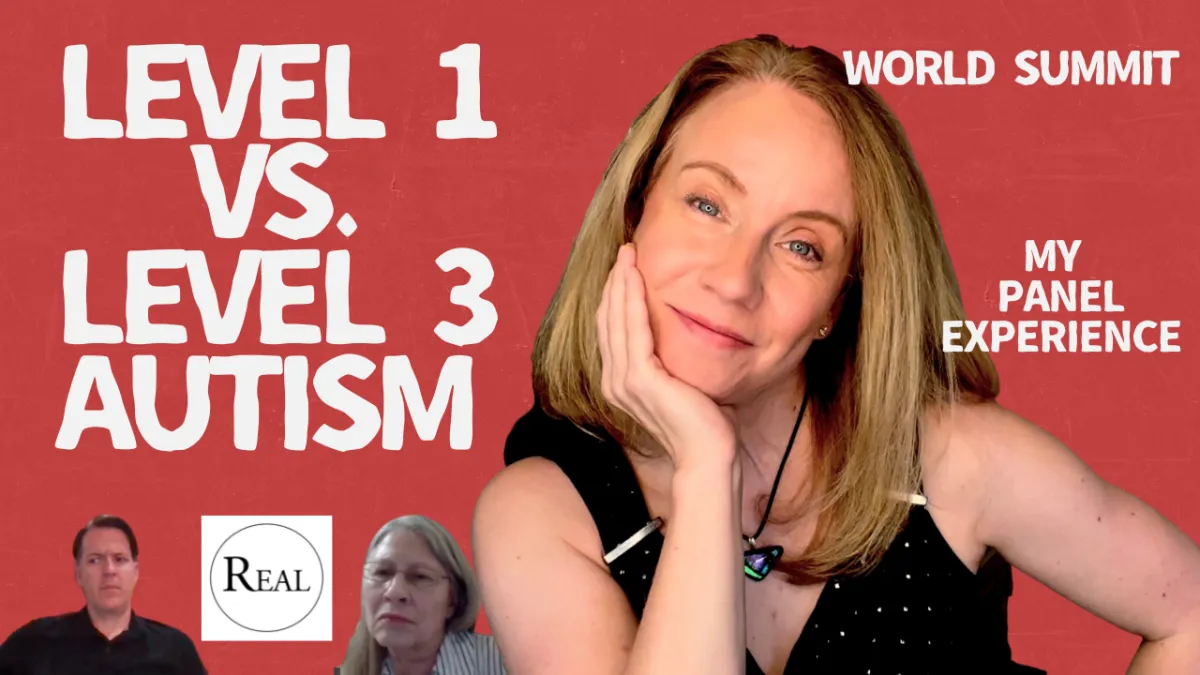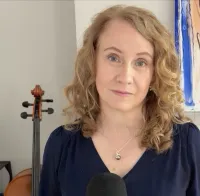
MacMillan's 10-Step Neurodiverse Family Systems Approach:
A Comprehensive Framework
to support neurodivergents and their families throughout adulthood.

Anne MacMillan, MLA
Founder of the 10-Step Neurodiverse Family Systems Approach, Speaker, Researcher, Consultant, Coach, Educator and Expert Witness
About Anne MacMillan
I built my original Neurodiverse Family Systems Theory on my education, personal life experience, and the professional experience I gained in the private neurodiverse services practice I founded in 2017.
Today, my services extend to support other professionals who have come to the new realization that neurodiversity is at the heart of many of the relationship challenges their adult clients face. Professionals can earn my Neurodiverse Family Systems Educator Credential (NFS-E) then use my practical 10-Step educational system, including quantitative assessments and support resources, to help their clients comprehend their relationship challenges and find the happiness and peace they deserve.
I have a research-based master's in psychology from Harvard University and studied developmental psychology as an undergrad. I received the Director's Thesis Award at Harvard for my original research on Level 1 autism and intimate life partnerships -- some of the first quantitative research on the subject in the world.
Altogether, I have over 50 years of personal life experience with neurodiverse family systems, over 20 years of personal life experience with neurodiverse intimate life partnerships, and 8 years of professional experience working with individuals managing the challenges of neurodiverse family systems.
I self-identify as a high body empathetic neurodivergent who just might also be a bit attention neurodivergent (ADHD). I am not autistic.
Our Services
Level 1 autism has a significant impact on dating, marriage, parenting, separation and divorce. Yet many individuals in neurodiverse intimate life partnerships (or life partnerships between autistics and non-autistics) had no idea that one partner was on the spectrum before tying the knot. Professionals, confused by the autism and Neurodiverse Relationship Dynamics (NRD), have offered misdiagnoses and poor advice, adding to the burden Level 1 autistics and their family members have faced.
Likewise, Level 1 autistic adults have little career support, facing the work world with little to no recognition that their autism affects their professional relationships.
R.E.A.L. Neurodiverse seeks to provide services that support these unmet needs.
MacMillan's Neurodiverse Family Systems Theory
Autistics and non-autistics perceive and navigate the social world differently. These differences create a phenomenon I term 'Neurodiverse Relationship Dynamics' (NRD).
Due to differences in neurological functioning, and at no fault of any family member, NRD contribute to perpetual cycles punctuated by emotional explosions called 'intermittent trauma spikes.'
Autistics and non-autistics also experience empathy differently, with autistics experiencing what emotion-sharing empathy' and non-autistics experiencing 'body empathy.' Empathy differences as well as different levels of 'empathic-emotion intensity' and 'emotion-origin awareness' can contribute to the trauma experienced during intermittent trauma spikes.
Both non-autistics and autistics can engage in harmful narcissistic behaviors within neurodiverse family systems. Increasing awareness of NRD can support all family members in reducing the level of narcissistic behaviors and in responding to them appropriately.
Neurodiverse families are commonly made up of three primary types of neurodivergents: autistics, attention neurodivergents (ADHD), and high body empathetics. And, of course, sometimes other neurodivergents and true neurotypicals crop up in neurodiverse famlies as well. All members of neurodiverse families need and deserve support regardless of neurology.
The tendency for individuals to select intimate life partners that are familiar to them alongside the fact that neurodiversity has a genetic component means that individuals from neurodiverse families commonly have children with other individuals from neurodiverse families, passing neurodiversity from generation to generation and creating the phenomenon of neurotribes.
Individuals in neurodiverse families commonly take upon themselves particular roles associated with both individual and systemic functions within their neurodiverse family systems. These roles are facilitated by the different neurologies and are more intractable than roles in neurotypical families. Gaining awareness of the roles and their functions can support individuals in neurodiverse family systems as they make sense of the relationship confusion they are experiencing and then make decisions and take actions to improve their lives.
Most professional services are designed with neurotypicals from neurotypical families in mind, abandoning neurodivergents from neurodiverse families to inadequate supports that tend to be irrelevant to their actual family experience and the relationship challenges they face in their daily lives.
I believe the first step to overcoming all this confusion is to have a foundational understanding of empathy differences, Neurodiverse Relationship Dynamics (NRD), and the manner in which trauma and multigenerational behavioral patterns (facilitated by neurodiversity) affect neurodivergents within neurodiverse family systems.
My original Neurodiverse Family Systems Theory and my 10-Step Neurodiverse Family Systems Approach seek to fill this gap and to provide professionals and members of neurodiverse families the information they need so all individuals from neurodiverse families can find the happiness and peace they deserve.

Anne MacMillan, MLA
Founder of the R.E.A.L. 10-Step Neurodiverse Family Systems Approach, Speaker, Researcher, Consultant, Coach, Educator and Expert Witness

MacMillan's 10-Step
Neurodiverse Family Systems Approach

Discovering the Spectrum: My Enlightening Experience at the World Autism Summit
Discovering the Spectrum: My Enlightening Experience at the World Autism Summit
Introduction:
Life has a way of opening our eyes to new perspectives, especially when we least expect it. My recent participation in the inaugural World Autism Summit by Autism Today was one such enlightening experience.
I've recently become more vocal about my personal connection to autism – being part of a family that manages Level 1 Autism and even marrying someone with the same diagnosis. This is the autism I know and the one I speak about. But, until the summit, I hadn't as fully considered the way the broader spectrum of experiences and challenges faced by families dealing with various levels of autism should be affecting my public communications..
From Familiar Territory to Uncharted Waters
Imagine stepping into a room, thinking you have a broad grasp on a topic, only to discover vast facets you've yet to explore. This was my profound realization as I sat on a discussion panel alongside families managing Level 3 Autism.
Meeting Frank Farmer, who has a Level 3 autistic child, was a revelation. The way he presented his child's ability to communicate using a board was heartwarming and eye-opening. I was deeply moved when I delved into the thoughts and feelings expressed on their blog, wordsyouneverheardmesay.com. It underscored the fact that equating service levels with intelligence is a gross misjudgment.
A Two-Way Learning Street
While I imparted insights about the unique challenges faced by Level 1 families, I was equally eager to soak in the experiences shared by others. For instance, Dr. Cepero's insights on ensuring care for Level 3 autistic children after the parents are gone was both enlightening and heart-wrenching.
There was a profound moment of connection when Frank Farmer and I tried to envision life from each other's shoes. Both of us realized the vast, yet intertwined, challenges each end of the spectrum faces.
The Need for Continuous Dialogue
One of the primary takeaways from the summit was the realization of how our words and actions might be perceived by others on the spectrum. While our experiences differ, the goal remains unified – to create a more inclusive and understanding world for everyone touched by autism.
In my journey with NeurodiverseMarriage.com and RealNeurodiverse.com, I've aimed to be a beacon of hope and information. But this summit reminded me that it's essential to keep expanding my horizon, to include and learn from every part of the spectrum.
Looking Ahead with Hope
In closing, I extend my heartfelt gratitude to Autism Today, especially Karen Simmons, Kathy, Jalal, and their entire team, for initiating this global dialogue. The World Autism Summit wasn't just an event; it was a stepping stone towards building bridges across the spectrum.
To all the families out there managing any level of autism, I salute your resilience and hope to continue this journey of mutual discovery and support alongside you.

Pre-Order Your
Copy Today
Neurodiverse Family Systems: Theory and Practice
By Anne MacMillan, MLA
© 2024 R.E.A.L. Neurodiverse
All Rights Reserved
anne@REALneurodiverse.com
Text or Call: (617) 996-7239 (United States)
